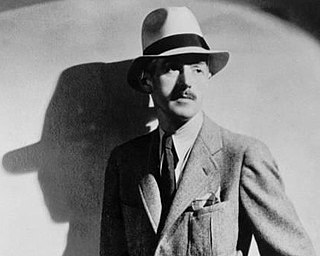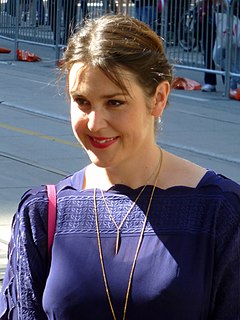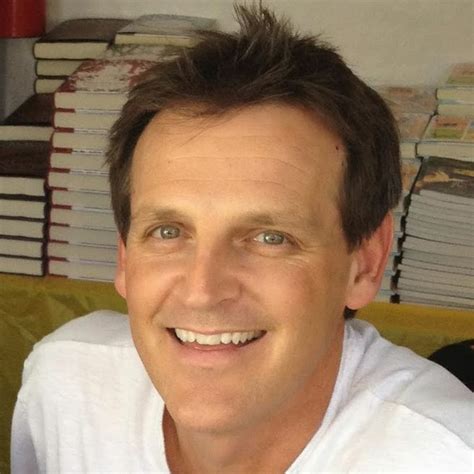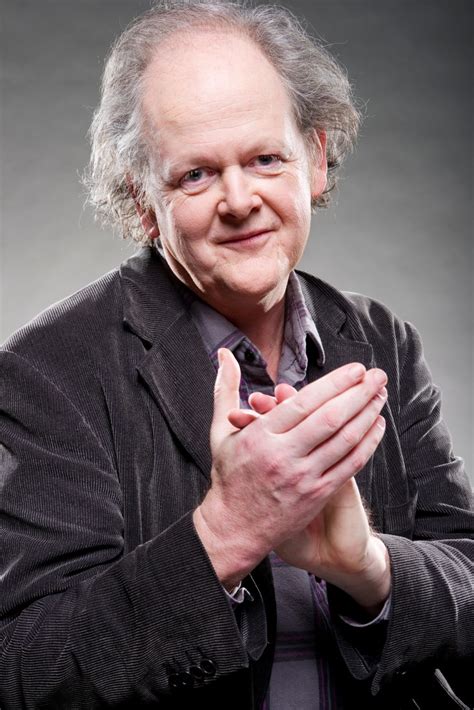A Quote by Sally Lloyd-Jones
When we're about telling the best possible story, making the best possible book - we're thinking about the reader, rather than about our egos. And then we serve the story. Not the other way 'round.
Related Quotes
What I try to do is write a story about a detective rather than a detective story. Keeping the reader fooled until the last, possible moment is a good trick and I usually try to play it, but I can't attach more than secondary importance to it. The puzzle isn't so interesting to me as the behavior of the detective attacking it.
I feel like any actor should always be thinking about how to serve the story. The thing to be cautious of is trying to make too much of your "moment," or whatever. The story is a lot bigger than you, and you're there to help it along. The thing to think about is whether what you're doing is true to the moment and where the story's going, rather than going, "Here are my scenes. What can I try and do to make the most of them?"
We're trying, despite having done research and having obviously preconceived ideas, we try our best to be as open-hearted as possible, and try to create context. So that's always going to be the challenge, making a program like 'Gaycation', and we are always thinking about it, reflecting on it, and doing our best to show the whole picture as much as possible in a 45-minute span. Hopefully that comes across.
Thinking about making a love story without music was really frightening, Sciamma admitted. Because every love story we know, we think about 'Titanic' we think about the music, we think about 'Gone with the Wind' we think about the music, we think about 'E.T.' we think about the music, and every love story has its own tune, 'That's our song.'
I was thinking about framing, and how so much of what we think about our lives and our personal histories revolves around how we frame it. The lens we see it through, or the way we tell our own stories. We mythologize ourselves. So I was thinking about Persephone's story, and how different it would be if you told it only from the perspective of Hades. Same story, but it would probably be unrecognizable. Demeter's would be about loss and devastation. Hades's would be about love.
One of the great things about being commander in chief is getting to know our men and women in uniform in a very intimate way, whether it's visiting Walter Reed and seeing our wounded soldiers, or being on a base and talking to families, or interacting with them on missions. They're the best of the best: always thinking about the mission, not thinking about credit, not thinking about who's up front.






































